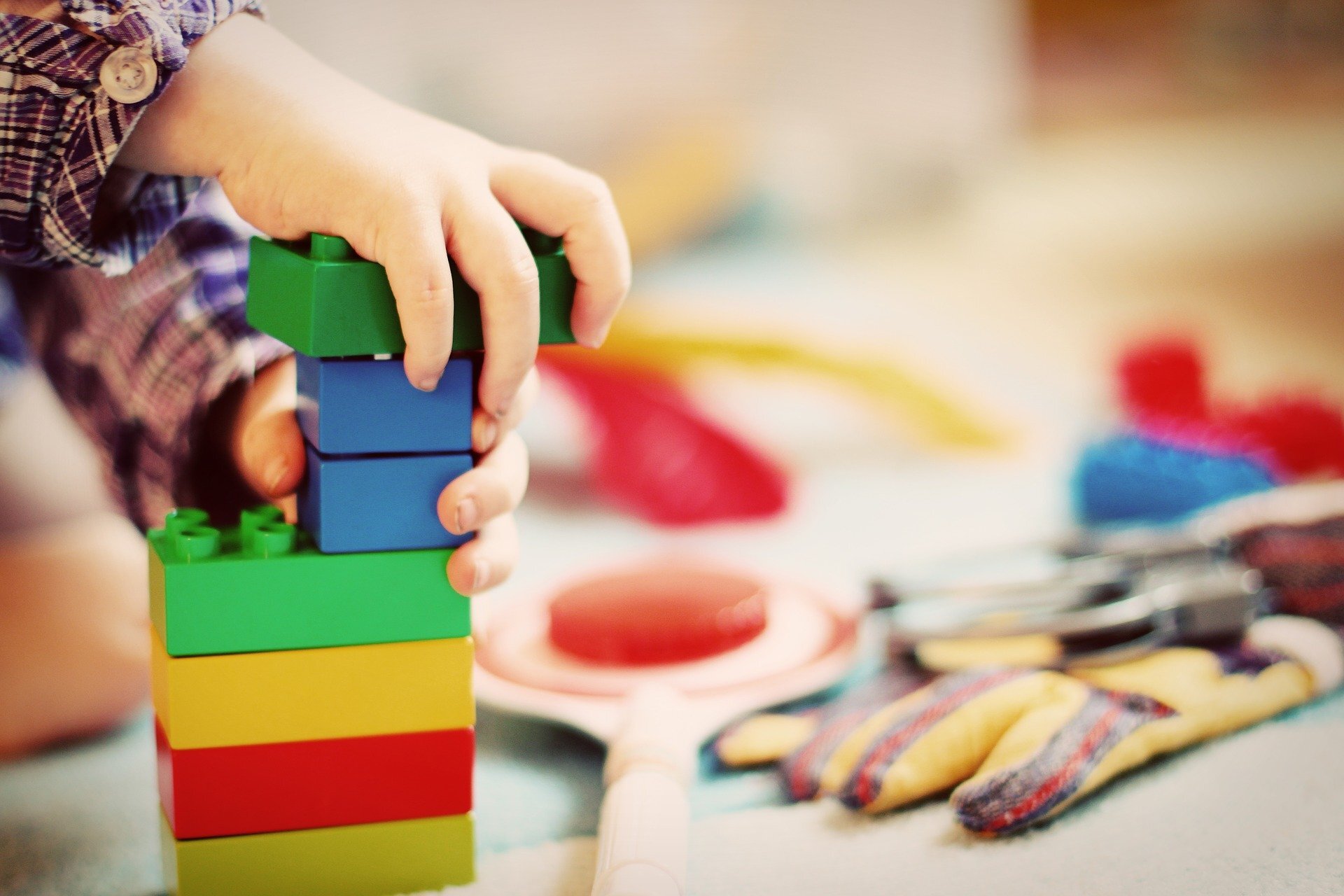
Play Therapy
Play Therapy | Child Therapy | Theraplay | Counseling | Grand Junction | Fruita | Colorado
As a Registered Play Therapist I believe play therapy makes a difference. Play is an enjoyable, fun activity that elevates our spirits and brightens our outlook on life. Play relieves feelings of stress and boredom and, most importantly, helps us express ourselves. To learn more about play therapy and Theraplay services please read below.
Parent Handout on Play Therapy
What is Play Therapy?
Play is the primary language of children. During play therapy, children create play that resembles the difficult or traumatic experiences they are struggling with internally. When facilitated by a trained play therapist, the play becomes focused on the purposes of emotional healing. This leads to a reduction of symptoms (i.e. acting out and aggressive behaviors, somatic complaints, withdrawal or regression, etc.) and the reestablishment of balance in the child’s sense of well-being.
Play therapy is to children what counseling is to adults. Play therapy utilizes play, children’s natural medium of expression, to help them express their feelings more easily through toys instead of words.
Association for Play Therapy (APT) defines play therapy as “the systematic use of a theoretical model to establish an interpersonal process wherein trained play therapists use the therapeutic powers of play to help clients prevent or resolve psychosocial difficulties and achieve optimal growth and development.”
“Play is the work of the child.”
– Montessori
What happens in Play Therapy?
Play therapy helps children:
Become more responsible for their behaviors and develop more successful strategies
Develop new and creative solutions to problems
Develop respect and acceptance of self and others
Learn to experience and express emotion
Cultivate empathy and respect for thoughts and feelings of others
Learn new social skills and relational skills with family
Develop self-efficacy and a better assuredness about their abilities
Through the play therapy process children create play that resembles the emotional experiences they are struggling with internally. These experiences usually cannot be expressed verbally. Children will select special toys to include in their play and use those toys to recreate issues that represent emotional conflicts that are important to the child. Beginning with this expression, the child’s play evolves until the child gains a sense of understanding and comfort over this situation. Research supports the effectiveness of play therapy with children experiencing: PTSD, behavioral issues, depression, impulsivity, self-esteem issues, academic difficulties, parent-child relationship struggles, social issues, anxiety, loss, divorce/separation, abuse and more… * Copyright 1998 Byron or Carol Norton (Synergetic Play Therapy)
Play therapy aims to help a child’s growth and development. The practice of play therapy requires extensive, specialized education, training and experience. With my knowledge and background, I am confident that you and I can set your child up for success.
What are the benefits of Play Therapy?
According to the professional organization Play Therapy International, up to 71 percent of children referred to play therapy may experience positive change.
While some children might start off with some hesitation, trust in the therapist tends to grow. As they become more comfortable and their bond strengthens, the child may become more creative or more verbal in their play.
Some of the potential benefits of play therapy are:
taking more responsibility for certain behaviors
developing coping strategies and creative problem-solving skills
self-respect
empathy and respect for others
alleviation of anxiety
learning to fully experience and express feelings
stronger social skills
stronger family relationships
Play therapy can also encourage use of language or improve fine and gross motor skills.
Introduction to Play Therapy for Parents:
If you’re interested in learning more about play therapy and how it can help your child grow, contact me today for a free consultation.
Theraplay
What is Theraplay?
Theraplay is a structured play therapy for children and their parents. It is recognized by the Association of Play Therapy as one of seven seminal psychotherapies for children. Its goal is to enhance attachment, self-esteem, trust in others, and joyful engagement. The sessions are designed to be fun, physical, personal, and interactive and replicate the natural, healthy interactions between parents and young children. Children have been referred for a wide variety of problems including withdrawn or depressed behavior, overactive-aggressive behavior, temper tantrums, phobias, and difficulty socializing and making friends. Children also are referred for various behavior and interpersonal problems resulting from learning disabilities, developmental delays, and pervasive developmental disorders. Because of its focus on attachment and relationship development, Theraplay has been used for many years with foster and adoptive families.
Strong attachment between the child and the important adults in their life has long been believed to be the basis of lifelong good mental health as well as the mainstay of resilience in the face of adversity. Modern brain research and the field of neuroscience have shown that attachment is the way in which children come to understand, trust and thrive in their world.
In treatment, the Theraplay Practitioner guides the parent and child through playful, fun games, developmentally challenging activities, and tender, nurturing activities. The very act of engaging each other in this way helps the parent regulate the child’s behavior and communicate love, joy, and safety to the child. It helps the child feel secure, cared for, connected and worthy.
